
“If you don’t have the money to cover a deductible, your insurance in many ways feels like ‘uninsurance’ to you,” said KFF's Larry Levitt during our recent webinar on the soaring costs of job-based plans.

“If you don’t have the money to cover a deductible, your insurance in many ways feels like ‘uninsurance’ to you,” said KFF's Larry Levitt during our recent webinar on the soaring costs of job-based plans.

Even Ballad Health’s most ardent supporters are frustrated with the health care system’s seeming failure to respond to concerns about patient care.
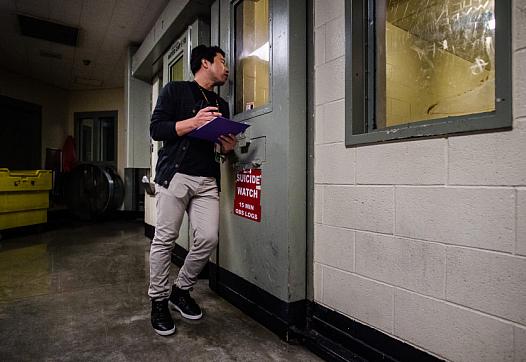
The department has taken a number of steps since it was sued in 2016 by the Prison Law Office, which alleged that San Bernardino County jails were violating the constitutional rights of its almost 6,000 inmates.

When an expert on correctional health care toured Riverside County’s jails in 2015, he found a shocking situation: For the past two years, one lone physician had been on staff to serve a system that booked almost 60,000 inmates a year.
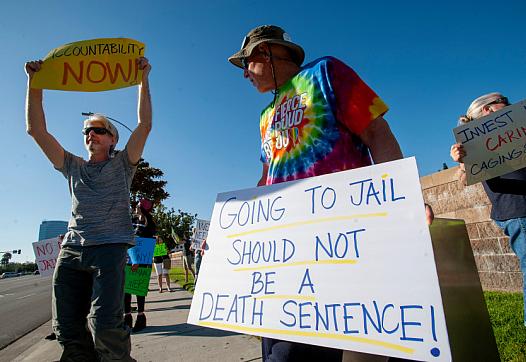
Critics of Orange County’s jails fear that not enough action is being taken to improve health care in the wake of a series of recent watchdog reports that raised serious concerns about inmates’ well-being.
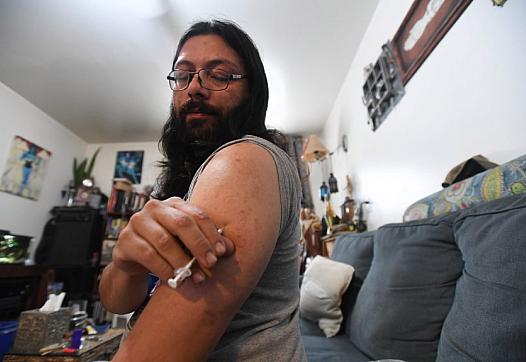
The first 72 hours after a person is booked into jail is when they’re at the highest risk of death, according to the director of health care for Los Angeles County’s jails.

A new study in Health Affairs finds that more than 70% of children on public coverage have a parent employed by a large firm.
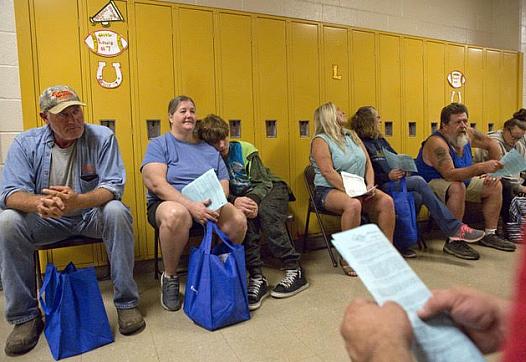
“You understand you can’t change a culture on a dime," a CEO of a local health system told me. "You have to transform a culture over time."
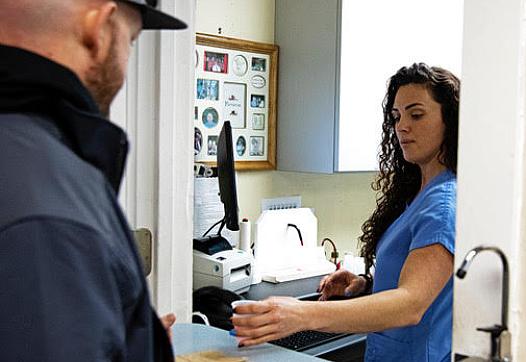
If you were to seek opioid addiction treatment for yourself or a loved one, what are the chances you'd run into a facility that didn’t offer the best possible treatment?

“The actual debate won’t be about access — it will be about cost containment for all people,” says Harvard's Robert Blendon, a veteran health care pollster.